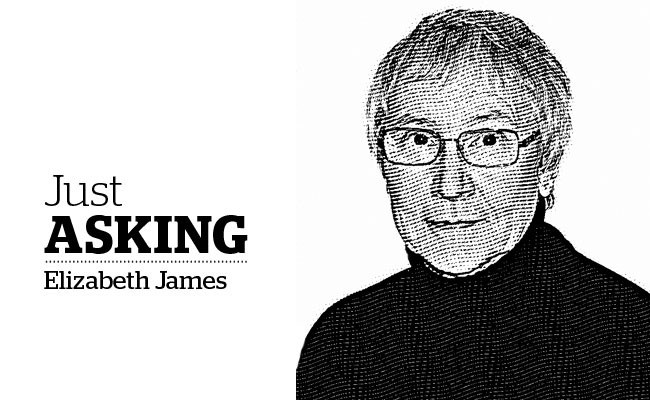“In the best interest of our customers, we have worked alongside government … to identify strategies to help lower both this year’s rate increase … and alleviate the expected ongoing pressure injury claims will continue to put on insurance rates …”
– ICBC news release Oct. 15, 2015
When Mark Blucher, president and CEO of ICBC, announced the good news/bad news of a 5.5 per cent rate increase to our basic car insurance rates, he softened the blow from the original 6.7 per cent projected last August.
But before you jump up and down, that doesn’t take into account an increase to the so-called optional or comprehensive coverage to which 80 per cent of drivers subscribe. When you add that amount on, the total increase is a tad over 7.3 per cent.
So for all of you who have done your level best to drive safely and avoid the claims centre, how do you feel about ICBC’s rationale that rate hikes are due to a combination of an increase in “the number and cost of injury claims” and in “exaggerated and fraudulent” claims?
Are you done with paying someone else’s bills?
The notion that the diligent and innocent must share the costs incurred by the wilfulness and/or law-breaking of others is common across all types of insurance; but when you encounter the driving behaviour that triggered this column, the unfairness of that concept comes up close and personal … unfairness that often goes beyond the financial.
The first incident occurred as I accessed MacKay-Hamilton Avenue from the Capilano Mall off-ramp.
As always, having checked there were no pedestrians on my right, I was particularly careful to ensure there were no vehicles coming from around the blind curve on my left.
Important for you to know is that I don’t make a habit of poking along driving 40 kilometres an hour in a 50 zone, so I’m talking mere seconds of caution here, not minutes.
All clear, I exited the ramp and accelerated toward Marine Drive but did not expect to clear the stale green light. Not so the driver of a large white sedan who bore down on me from behind, pulled into the oncoming lane and gunned it through a late amber. By the time s/he was less than halfway across the multi-lane intersection, the light was red. No police car in sight.
Had one of the hovering pedestrians stepped off the curb, or a left turner been faster off the mark, a fatality would not have been unexpected.
Although less likely to cause a fatal outcome, a New Year’s Day incident was equally selfish and arrogant.
Travelling west on a straight section of Third Street, I and the SUV in front of me had a clear view of a #239 bus signalling to pull away from the bus stop a little over a block ahead. I slowed a little expecting the SUV would do the same. Not on your life. Again, the driver swerved into the empty oncoming lane, pulled back in front of the bus and two blocks on, stopped for a red light.
Pardon the language, what the hell is wrong with these people? Between them, those two drivers saved themselves less than two minutes of driving time. Flip that coin and what they risked were lives, ICBC’s increase in injury claims, multi-thousands of dollars in vehicle damages and countless hours spent in the claims centre, body shops and the courts.
Metro Vancouver is well overdue for a complete updating and enforcement of the traffic regulations that cover speed zones, signalling and pedestrian/cycling behaviour.
One nutty example: coming eastbound from Park Royal, what’s the use of a 20 km/h limit on the bridge over the Capilano River if it’s not enforced on drivers travelling 60-plus?
One officer watching traffic from a car under the Lions Gate Bridge didn’t even know about it, “Some signs are just guidelines,” he said cheerily. I wish I’d recorded that.
Speeding fines and other driving-related penalties also need an upward overhaul – including a review of who gets what from violation revenues and ICBC’s increased premiums.
In brief, the “best interest of British Columbians” will be served when ICBC works “alongside government” to ensure premiums cover only a non-profit, tightly run, vehicle insurance operation.
Premiums should not be increased enough to cover hundreds of millions of “non-tax” dollars that ICBC – willingly or not – transfers annually into Victoria’s general revenue account so Premier Clark and her ministers can pretend they have balanced the provincial books.
After 16 years with the multi-disciplinary Perinatal Programme of B.C. and later in various endeavours in the growing high-tech industry, Elizabeth James now connects the dots every second Wednesday on local, regional and provincial issues. She can be reached via email at [email protected].
What are your thoughts? Send us a letter via email by clicking here or post a comment below.



